On the occasion of the 100th anniversary of Vietnam Revolutionary Press Day (June 21, 1925 - June 21, 2025), in the context of artificial intelligence (AI) strongly changing all areas of life, including journalism, VNA reporters in Brussels had the opportunity to talk with two journalism experts at the Free University of Brussels (ULB) in Belgium: Mr. David Grunewald, a communications lecturer, and Mr. Alain Gérard, Editor-in-Chief of “Latitude” magazine, who is also a journalism lecturer and trainer with more than 30 years of experience.
Assessing whether AI is a powerful tool, a companion or a threat, both experts agree that AI has brought about huge changes to journalism.
“AI brings a lot of opportunities, but also poses real challenges for editors and journalists,” said David Grunewald.
In terms of opportunities, AI is helping to speed up the process of collecting, searching, and analyzing information and data. Generative AI technologies not only support editors in creating content but can also create multiple versions of articles, produce images, and illustrative videos quickly, helping to optimize the publishing process.
However, in addition to its outstanding benefits, AI also raises serious concerns. Mr. Alain Gérard warned: “One of the biggest dangers is that AI can gradually replace real journalists, flesh and blood people like you and me.”
To illustrate this point, Mr. Gérard recounts the story of the photo that won first prize at an international photography competition organized by Sony in 2023.
After receiving the award, the author publicly admitted that the photo was entirely AI-generated. He emphasized: “It is worth noting that even top experts cannot distinguish between real and fake. That shows the power, but also the great danger that generative AI can cause.”
When it comes to data journalism, the two experts believe that this is a field that AI can easily dominate. According to Mr. David Grunewald, there is a part of journalism that AI can completely take over, which is data journalism.
Articles summarizing data and event statistics can be written by AI very quickly and accurately. He commented: “This will give journalists more time to investigate, research in depth and develop more in-depth forms of journalism.”
However, Mr. Grunewald also warned of the risk of AI creating fake news, fake videos using AI technology, also known as deepfake technology, distorted information, and the dissemination of this false content becoming easier than ever.
“The role of journalism is to maintain its position as a place to verify information, a fulcrum for truth. This is one of the biggest challenges of journalism,” he affirmed.
Amidst the wave of fake news, public opinion shaping and increasingly dominant AI technology, the role of journalists in the 21st century has become more vital, not only as news reporters but also as defenders of the truth.
Journalism lecturer Alain Gérard, Editor-in-Chief of Latitude magazine. (Photo: Huong Giang/VNA)
Alain Gérard stressed that the key task of journalists today is to ensure the authenticity of information. “I often tell my students to distinguish between ‘communication’ and ‘information.’ Communication is the reproduction and transmission of existing information. However, journalism is about questioning, verifying, comparing and verifying that information. That is the core of journalism,” Gérard said.
Journalists must be present at the scene, access official sources, interview relevant parties and process information based on the principles of objectivity, transparency, and adherence to the “5W 1H” principle (Who, What, Where, When, Why and How).
According to Mr. Gérard, the explosion of AI only makes the principle of verifying information more important than ever: “Without accurate sources, we don’t know where information comes from. And then society will be led by machines that anyone can program to their own will.”
Both experts encourage journalists not to shy away from AI but to see it as a powerful tool to support their work.
“Think of AI as a companion, an assistant, while you are still the driver,” Grunewald stressed. “When journalists understand and know how to take advantage of AI’s potential, they will have more time to delve into more in-depth issues.”
“If journalists do not learn and adapt, they will be like the dinosaurs that once dominated but became extinct because they could not evolve fast enough to adapt to the new environment,” said Alain Gérard. “To avoid being eliminated, 21st century journalists must continuously hone their multimedia skills: from text, images, videos, audio, to podcasts.”
Although AI is increasingly taking over many aspects of the journalism process, both experts assert that humans remain irreplaceable at the center of journalism. Field investigation, contextual analysis, critical questioning, professional ethics, and defending the truth are core elements that can only be performed by real journalists.
“The future of journalism is not a choice between humans and machines, but an intelligent collaboration between the two to better serve the public,” concluded David Grunewald.
With the rapid development of AI, 21st century journalism is entering a period of profound and unprecedented transformation. In this context, as experts have shared, only journalists who always maintain their professional integrity, know how to utilize technology as a supporting tool, constantly learn, innovate and remain steadfast in the truth can continue to fulfill their noble mission: serving the public with accurate, objective and reliable information./.
(Vietnam+)
Source: https://www.vietnamplus.vn/co-hoi-thach-thuc-va-trach-nhiem-nghe-nghiep-bao-chi-trong-ky-nguyen-ai-post1044857.vnp


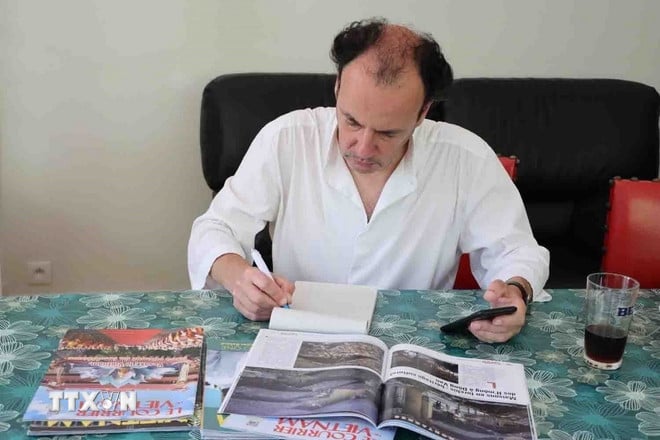

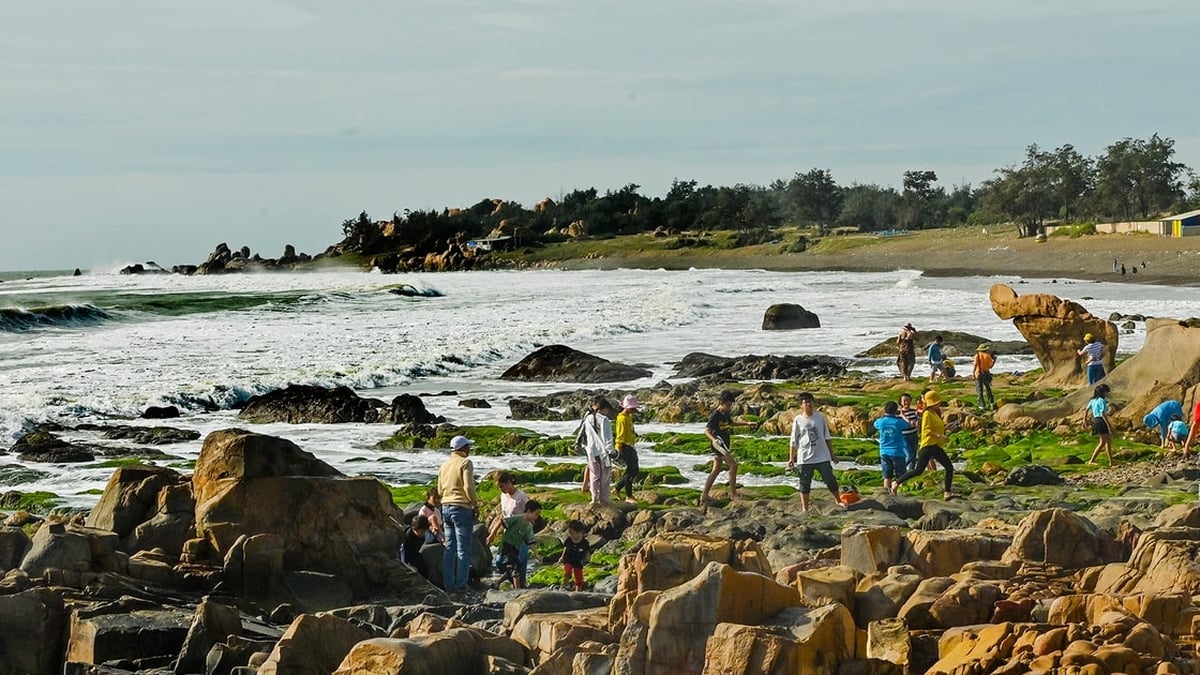

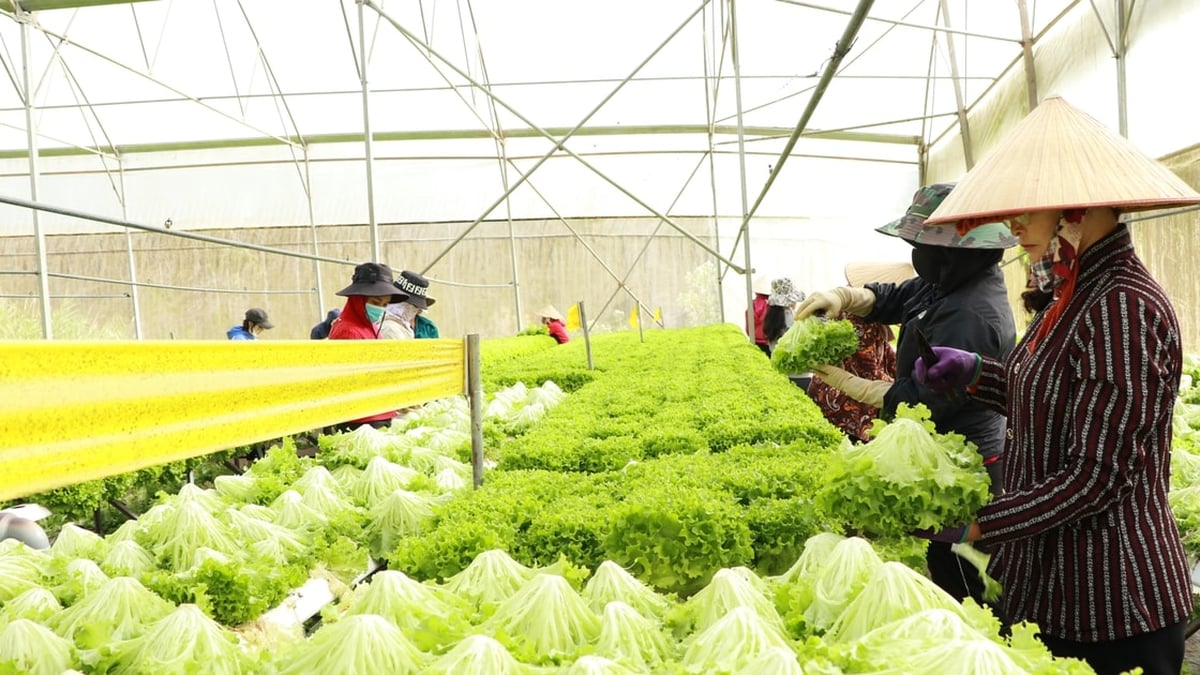
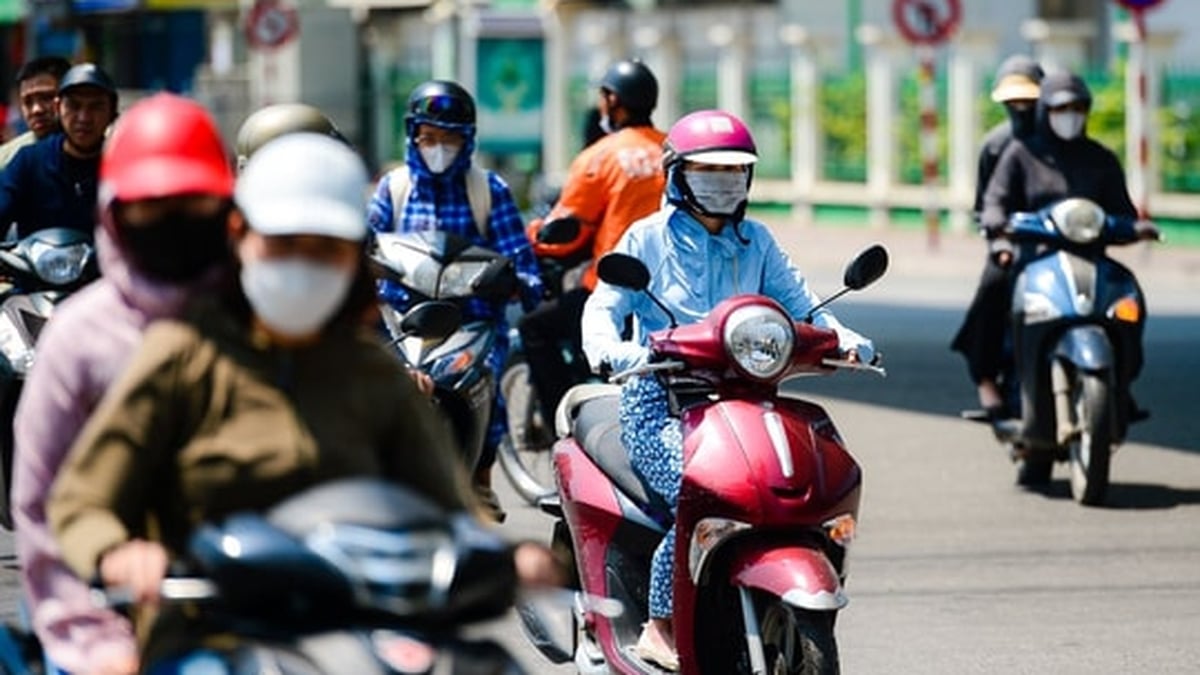


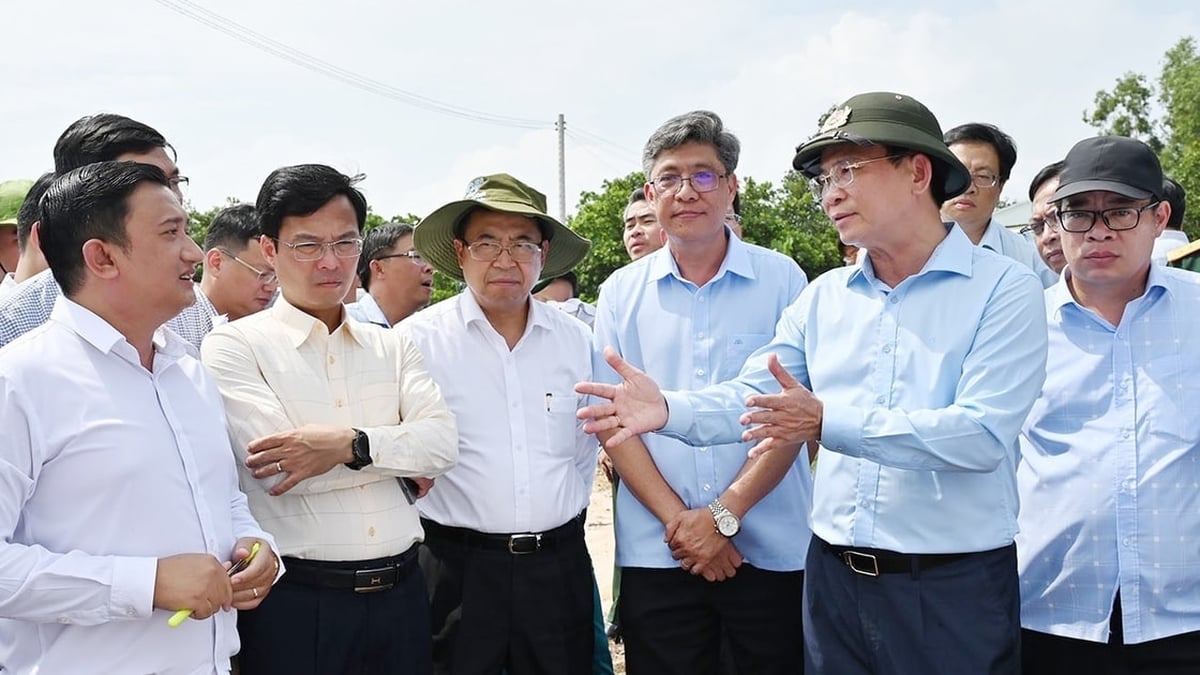
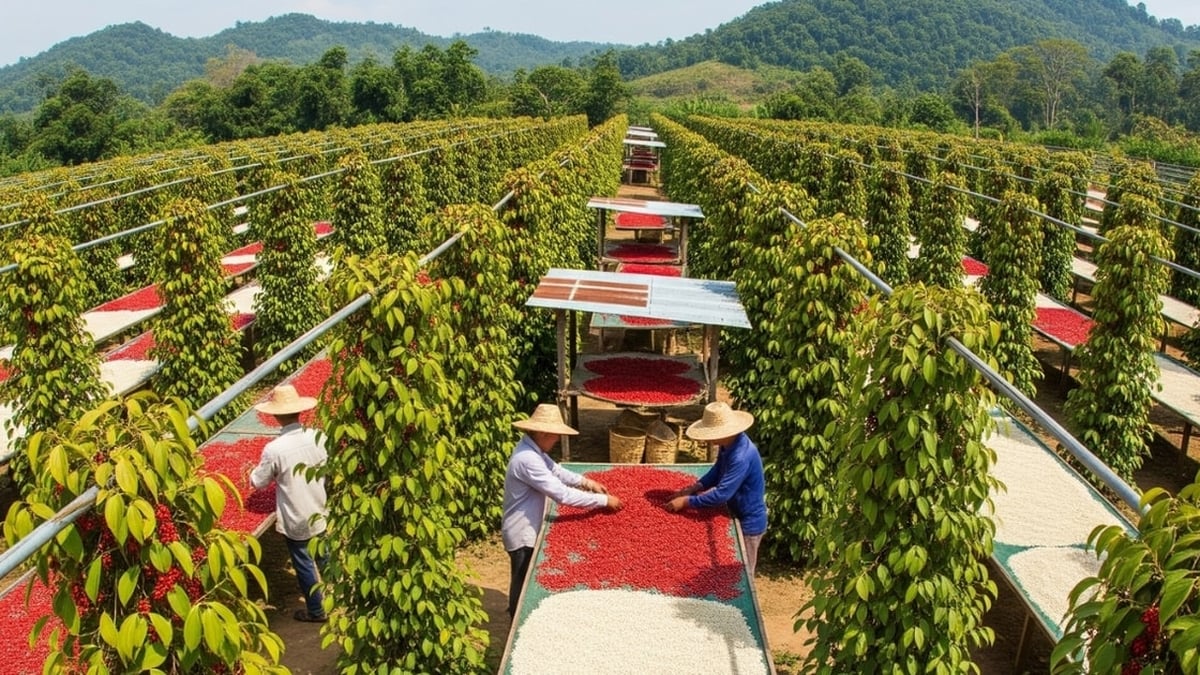












































![[Maritime News] Two Evergreen ships in a row: More than 50 containers fell into the sea](https://vphoto.vietnam.vn/thumb/402x226/vietnam/resource/IMAGE/2025/8/4/7c4aab5ced9d4b0e893092ffc2be8327)

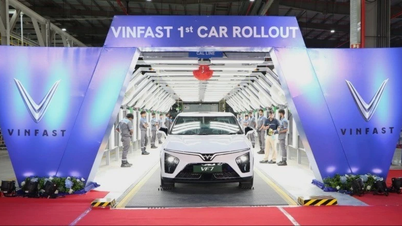






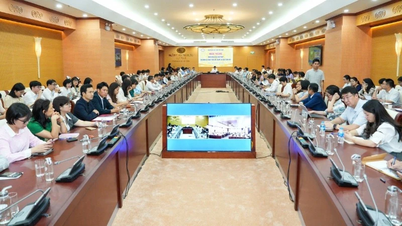

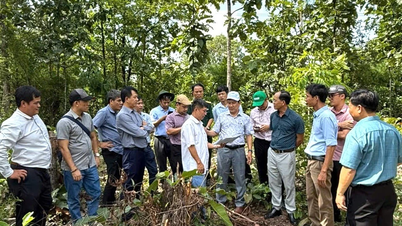






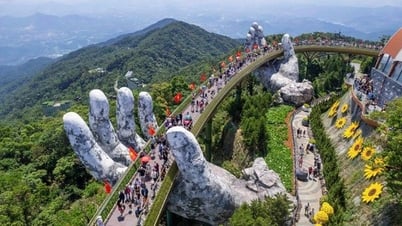






















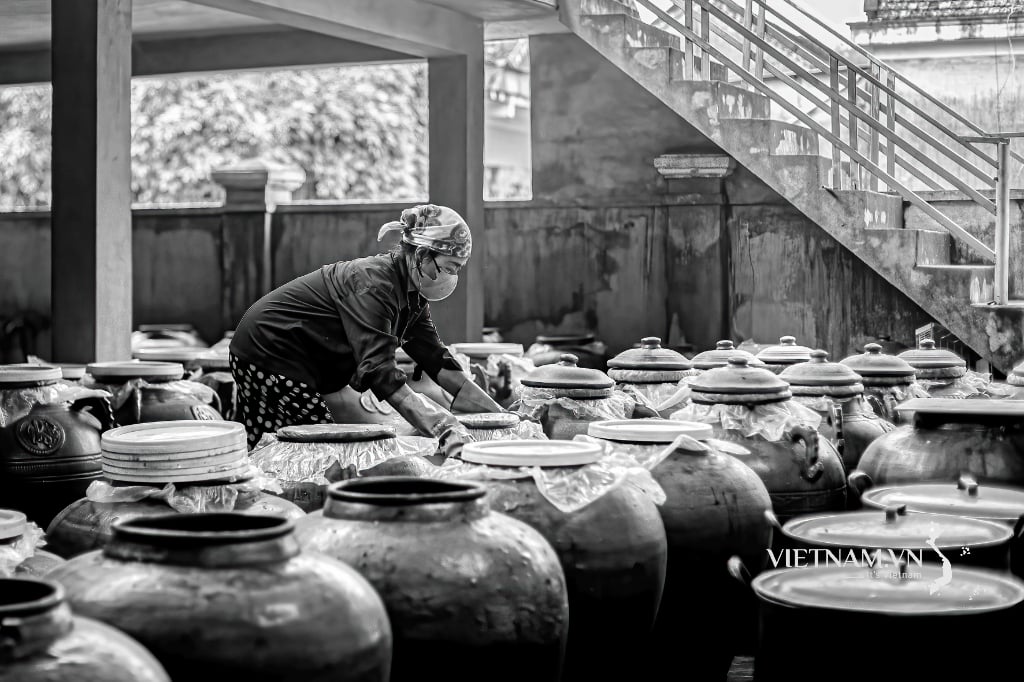


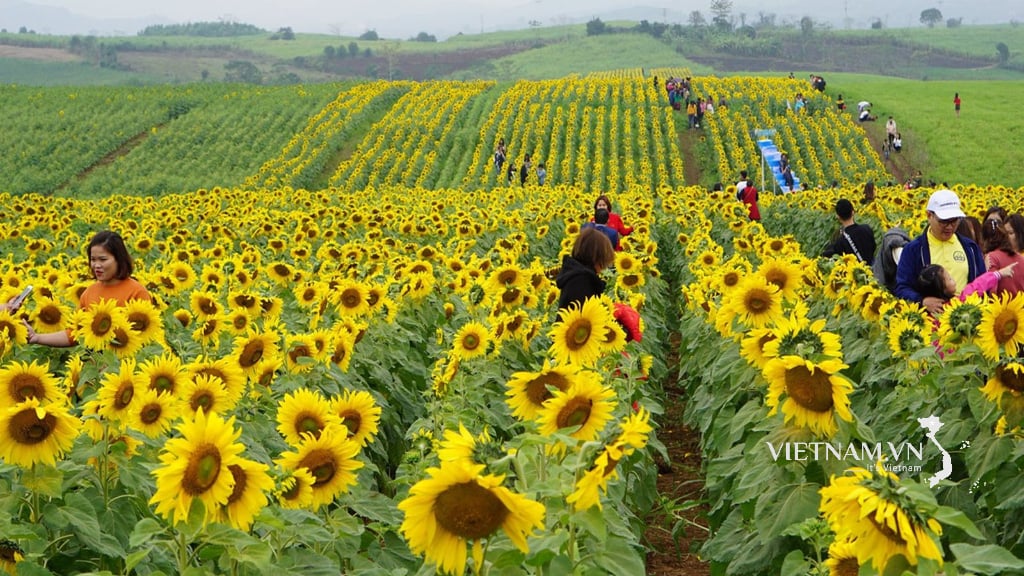
Comment (0)